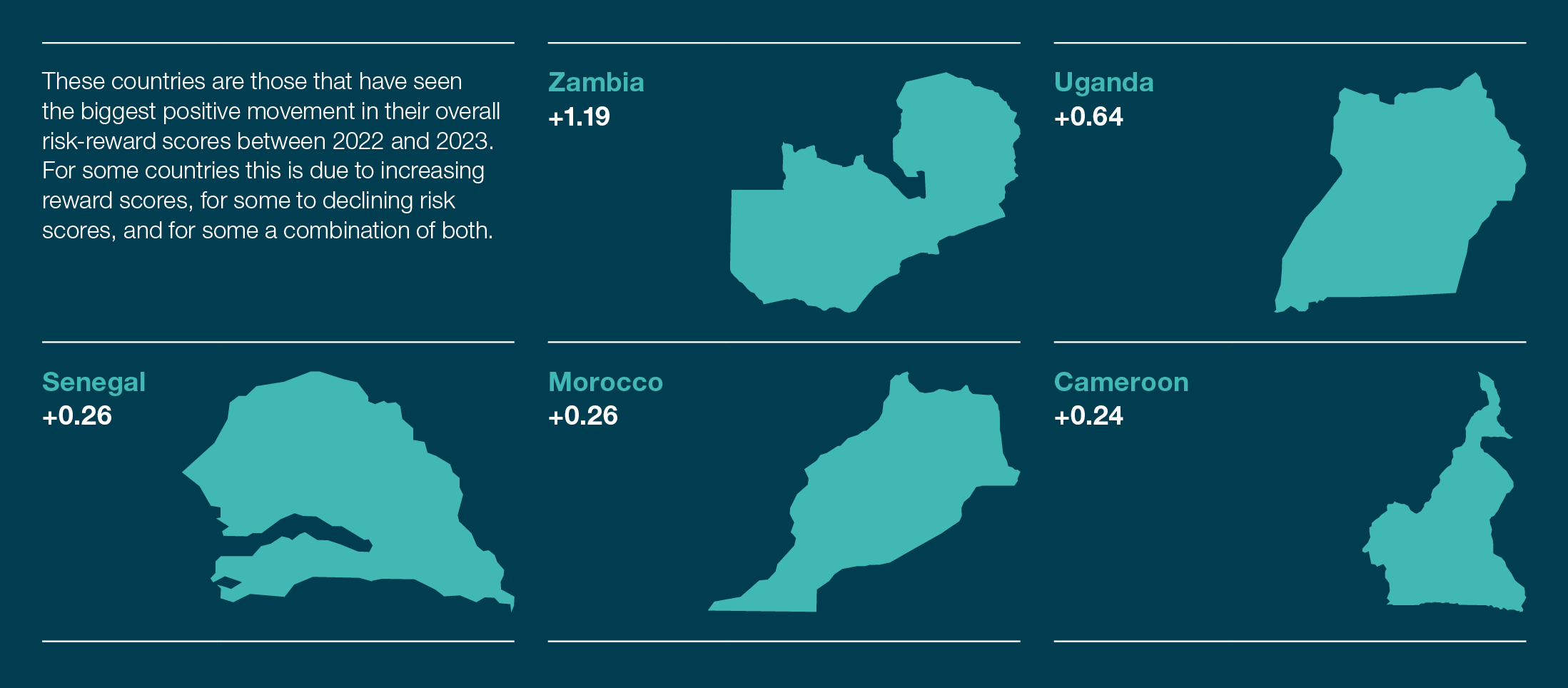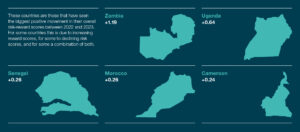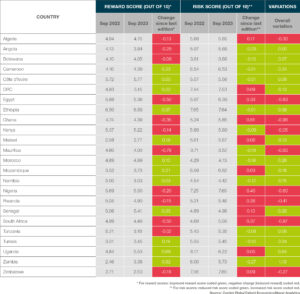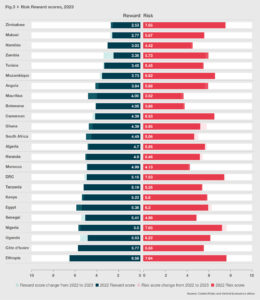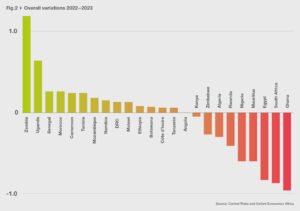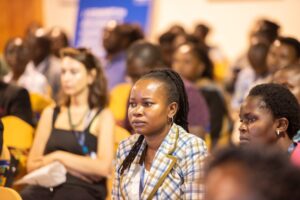
By Melissa Mongina.
Education technology experts from East Africa convened in Nairobi on Wednesday to explore ways to advance digital learning in the region, particularly in Kenya. During the two-day Kenya Edtech Summit 2023, speakers and participants underscored the ongoing gaps in digital learning despite progress in the field.
Anne Kibara, a teacher at Ngundu Primary and Junior School on the outskirts of Nairobi and a participant in the summit, emphasized the importance of tailoring interventions to specific contexts to meet the needs of teachers and learners. She stressed that interventions should not be one-size-fits-all, recognizing the diverse requirements across different regions.
“Most interventions are a one-size-fits-all. Do not standardize interventions; don’t assume what works in one region will work for the other. We have to take into consideration the different needs of learners and teachers in the various areas so that we meet the needs of everyone,” said Anne Kibara.
One of the significant challenges faced by teachers, according to Anne, is inadequate internet connectivity, hindering their ability to access online teaching resources. She highlighted that many schools possess devices but cannot effectively utilize them due to this issue. Anne believes that improving internet connectivity in schools would encourage greater use of technology in education.
“The main challenge is internet connectivity because most of the resources are online, and if you don’t have internet connectivity in your school and whatever you have to use is online it becomes very difficult to access. That is why you will find that most of the schools, probably have the gadgets, but they’re not using them. If there will be internet connectivity in our schools. It will really encourage teachers to use technology in education,” said Anne.
Anne also called for regular training of teachers, emphasizing that one teacher’s learning and passing on skills to others is insufficient for achieving better outcomes.
“In most cases, you find that one teacher is taught, and is expected to teach other teachers and students. This cannot achieve better outcomes,” she said.
She shared that some teachers are taking it upon themselves to download educational materials from home or areas with internet access to use in their classrooms in order to adapt to the internet connectivity challenge that they are facing in their schools.
“Teachers have to go out of their way to download the videos at home or where you find that there is internet you download whatever it is that you want to use in class,” she further said.
Furthermore, Anne emphasized the importance of involving teachers in the development of Artificial Intelligence (AI) tools for classrooms. She suggested that including teachers in the process would make it easier for them to adapt to and utilize these technologies effectively.
“I would say let them involve teachers from the word go when they are setting up all those things because most of the time the teacher is usually on the receiving end. They just come and tell you this is what you’re supposed to do, as opposed to you being part of the process of making anything that can be used in the classroom so that it is very easy for you to adjust,” said Anne.
Cotter-Otieno, Founder and CEO of EdTech East Africa and organizer of the Summit, stressed the need for inclusive and equitable interventions in education technology. She questioned how to ensure that interventions are accessible, affordable, and responsive to the needs of all learners.






 By Maurice Momanyi.
By Maurice Momanyi.
